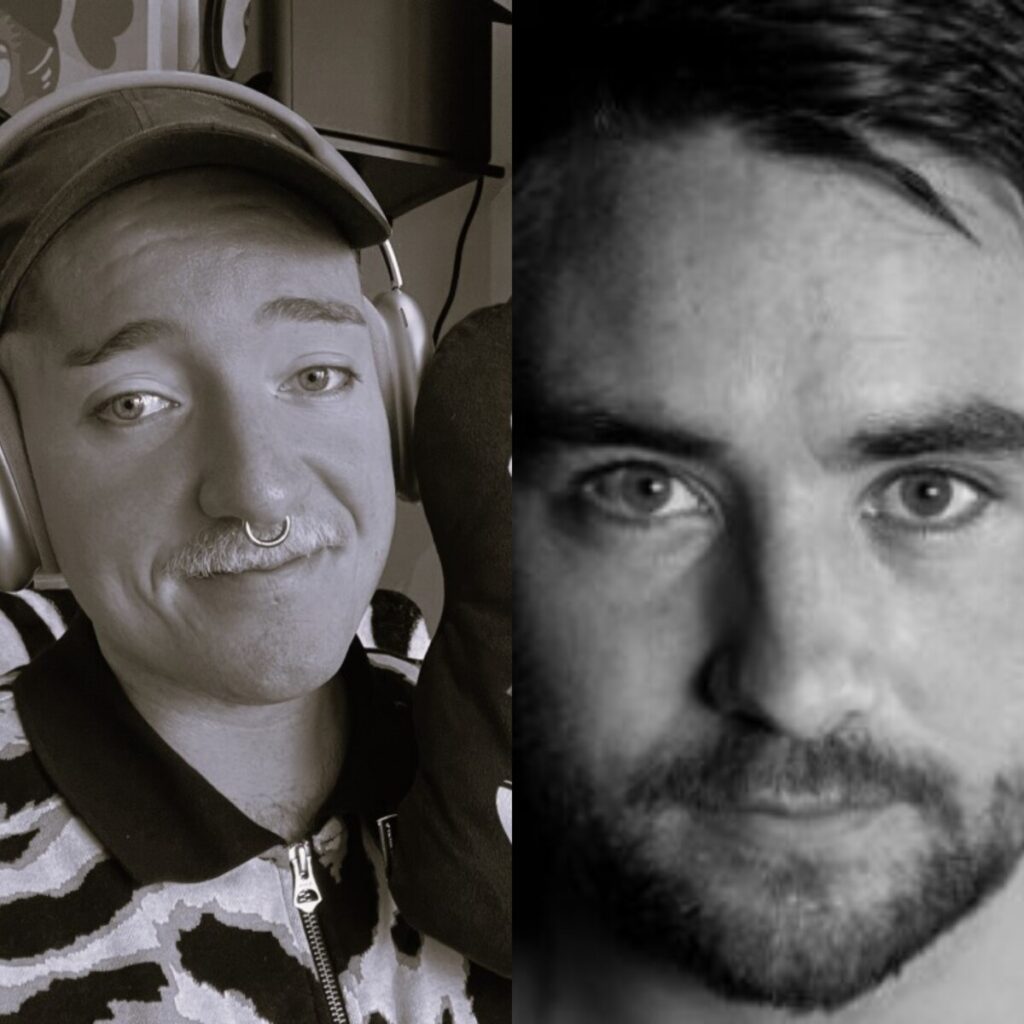Podcast Overview
You bought it, didn’t you?
You know what we are talking about.
That viral fill a banana gadget you saw on TikTok. It’s an addiction. And you’re not alone.
From heatless curls to water bottles to mop slippers. You can literally buy anything on TikTok Shop. Thousands of people are getting influenced by what they see online. TikTok is changing buying habits and this can’t be ignored.
But, does selling on TikTok cheapen your brand? Listen to this podcast to find out.
eCom@One Presents:
Dave Morrissey & Liam Phillips
TikTok is changing buying habits and this can’t be ignored
In this episode, Rowan Payne chats to Dave Morrissey (Head of Lifestyle Retail and eCommerce at TikTok) and Liam Phillips (Head of Partnerships at TikTok Shop). They talk about how businesses are using one of the fastest growing platforms in the UK right now to grow their revenue online.
They head straight into how TikTok is quickly becoming a master at end to end shopping experiences, how businesses can leverage human to human connection to increase their return on investment, and why TikTok Shop and Ads are quickly becoming a match made in heaven.
TiKTok is revolutionising the relationship between creators, brands and consumers. Find out how this social media channel is shifting to a shopping hub and what that means for you. There is ample opportunity for eCommerce brands to leverage consumer behaviour changes to be successful on TikTok.
Sit back and listen as Dave and Liam share valuable insights to help you grow your business.
Topics Covered
00:40 – Their responsibilities at TikTok
06:14 – The evolution of TikTok’s perception since breaking into UK market
09:36 – TikTok’s user experience and eCommerce improvements. Learning from different markets.
10:34 – TikTok Shop allows creators to pin products. It builds trust and brand awareness for eCommerce companies
15:57 – TikTok breaks down the screen-viewer barrier, facilitates purchases, unique experiences, and handles payment gateways
22:24 – Discussion on the importance of the real people element in marketing, using various platforms and creators for better results
24:12 – How the US and China shops differ from the UK
27:31 – Shops target specific niches for better results
31:51 – Content needs to be entertaining for viral success
37:32 – The history of visual perception
38:56 – Discussing the impact of diverse reading, fashion trends, and influence on social media algorithms from historical context
42:38 – Book recommendations


